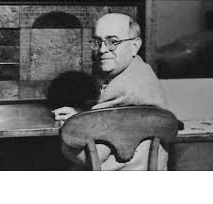Kein Glück ohne Freiheit, keine Freiheit ohne Glück. Adornos Konzept des Zufallsglück
(No Happiness without Freedom, No Freedom without Happiness: Adorno’s Concept of Fortune)
DOI:
https://doi.org/10.13135/2038-6788/9332Keywords:
Fortune, Fortune-Happiness, Freedom, Happiness, Th.W. AdornoAbstract
At the center of Theodor W. Adorno’s critical theory is a systematically thought out concept of happiness. This concept is however not sustained coherently; rather, it is presented in a variety of sometimes paradoxical aphorisms that simultaneously claim the possible presence and the real absence of happiness. Adorno maintains that all human beings are entitled to happiness and that happiness of society as a whole would be possible, but is not realized. Because of the unreasonable organization of society and its resulting social pathologies, such as prejudice and resentment, possible happiness within individuals’ lives is sabotaged. Adorno distrusts the surrogates of happiness (such as the cultural industry). He emphasizes the eye-opening experiences of art, the bodily happiness of sexuality, the resilient happiness of thinking, and the happiness that we remember from childhood. A concept of fortune is important to Adorno so that he can preserve the ideas of individual lives’ openness to happiness and of the possibility of a historical development toward happiness against the pessimistic implications of his “negative” theory of happiness. The goddess Fortuna is a dea abscondita, a hidden and ambivalent goddess, who does not accept plans and calculations but suddenly and randomly decides what succeeds and what does not.


